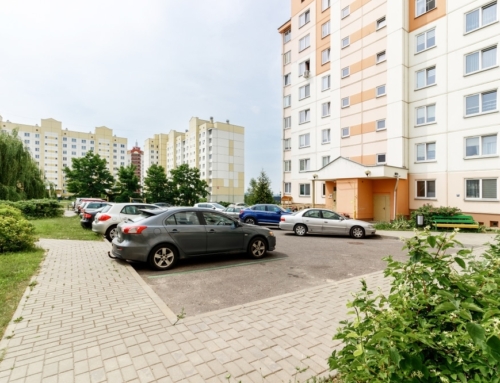Q: About two years ago, we refinanced our 30-year mortgage and converted to a 15-year mortgage.
We just found out that we will be relocating because of a job transfer.
We’re thinking about renting the house instead of selling. Our new home will be about five hours away from where we live now.
Should we refinance again and get a 30-year mortgage to reduce the monthly payment and increase the profit margin? What are the questions that we need to consider to determine whether to rent or sell the property? Are lease purchases still in vogue?
A: Being a landlord means being able to keep the house rented and maintained – no small feat in today’s “ownership” society. It’s even more difficult to be a landlord when you live five hours away from the property.
If you want to do this, consider offering the property at a slight discount to the normal market rent. This should produce a greater number of prospective tenants from which you will hopefully be able to find a great tenant who will be able to take care of the property for you.
My cousins have done this successfully for the past twenty years in Oakland, California. Their home has a rental unit attached and they have consistently priced it just below the going market rent and had a handful of potential tenants line up for the privilege of renting and maintaining the property. One prospective tenant’s father offered to paint the house if my cousins would rent to his daughter.
If you’re going to refinance your property, do it now, while you’re still living in it. It’s much more expensive to refinance investment property rather than a primary residence. But you may not be able to refinance now and honestly state to the lender that this is your primary residence and you intend to keep it this way. Also, depending on the interest rate you got on your old loan, refinancing may not be the smartest thing to do – you could pay a lot more in interest.
Some people might say that having the leverage is a good thing for your finances because you’re able to invest the cash elsewhere. You’ll have to look at the whole package to see if it’s the right move for you.
And, speaking of which, do you plan on renting or buying a home in your new neighborhood? If you’re going to buy a home, will you have enough income to carry both the mortgage on your new home and the mortgage on your current residence? Will you fall within the normal debt-to-income ratios or will you need special (and more expensive) financing?
If you have the income to carry both mortgages, and if you don’t mind being a landlord, then by all means you should try to rent your property and keep it for long-term appreciation (assuming your neighborhood is going up in value).
If not, then consider selling your home, and — if you still like the idea of owning rental property — buy something in your new city to rent out.
Keep in mind that if you have a profit on the sale of the home now and have lived in the home for two out of the last five years, you won’t have to pay any taxes on the sale up to $500,000, if you are married, or $250,000 per individual otherwise. Once you convert the home to a rental property and then sell it, you may not be able to take this exclusion.
Finally, a lease with an option to buy is still favored by some home buyers, but not many. Most home buyers, if they can afford to get a mortgage, want to buy straight out. Again, unless you like the idea of being a far-away landlord, you’ll probably want to sell and move to your new location.
If you decide to rent your property, or do a lease/option, be sure to work with a good real estate attorney who can prepare your documents and protect you.
Published: May 6, 2005





Leave A Comment